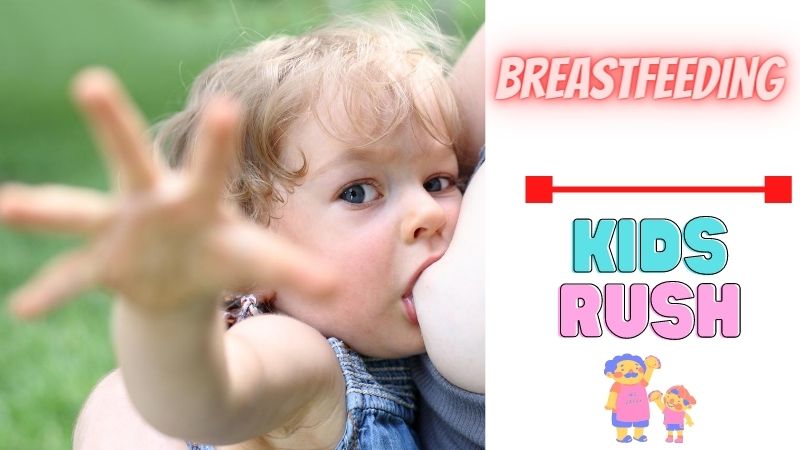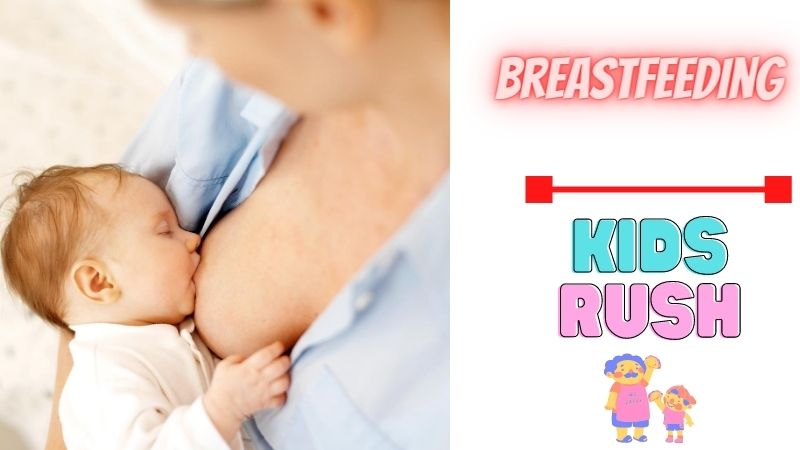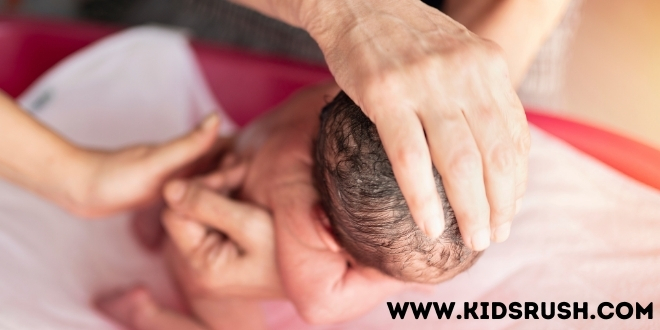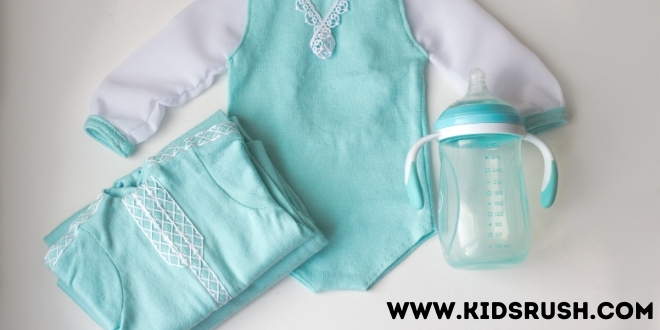How to take care of your newborn during the first months:
Caring for your newborn during the first months is crucial for the baby to be healthy. In the beginning, the parents have to make a big effort. But over time, these guidelines will become less demanding and accurate.
Motherhood means great changes and transformations. It means the arrival of a new person with special needs who will be entirely dependent on you. Therefore, it is important to prepare beforehand and know how to take care of your newborn during the first months.
Take care of your newborn during the first months
Coming home with a newborn baby creates many emotions. On the one hand, you are excited to show your baby his new home. But on the other hand, you may be scared and insecure when you think about whether you will be able to meet its needs.
Indeed, parents do not know everything. Getting to know and understand your child is a process that takes time, especially considering that each child is different. But below we share some guidelines and advice to take care of your newborn during the first months.
Medical checks
As soon as your baby is born, your newborn must be evaluated using the APGAR test which determines the conditions of its vital values. Things like heart rate, crying or breathing, muscles, response to stimuli, and body-color are taken into account.
Depending on the results, the doctors will establish the necessary treatment for the child’s development.
The first day at home
Believe it or not, the baby’s first day at home is usually the most difficult because you no longer have advice from your doctor or nurse. However, think ahead and try to ask them everything you are worried about. That way you will be a little calmer and prepared. Below we will share some guidelines for caring for your newborn that may be helpful during the first few months, should you have any question marks left.
Health and nursing
Try to wash your hands thoroughly with soap and water before touching your newborn to avoid infections and diseases. Avoid contact with sick people. Your child’s defenses are now low, so it’s best to avoid exposure to viruses and bacteria.
Read Also: Probiotics for babies
Its environment is important
Keep the house ventilated. This includes regulating the temperature so that it does not get too hot. You should also keep the room clean, as dust and smoke can affect your child’s health. We also recommend that you avoid sounds that may disturb the child. Infants are more sensitive to light, so avoid flash photography. You should also avoid constantly using mobile phones or electronic devices in their presence.
Breastfeeding your newborn during the first months

At this stage, it is probably complicated for you to feed your baby. Do not worry if the little one does not get used to it easily. Follow the instructions they gave you at the hospital. This helps the newborn to fit into the nipple in its without impeding breathing. We recommend you to read our article about Breastfeeding: Frequently asked questions.
You need to feed your newborn about eight times a day when it requests it, without letting it go more than four hours between each feeding. In the beginning, you may not produce enough milk, but the more your baby breastfeeds and empties your breasts, the more milk will be produced.
Breast milk: Rich in nutrients

You must breastfeed your baby from birth. The first breast milk that comes out, called colostrum, is denser than what your body will produce later. This milk is rich in proteins and antibodies that protect the baby from diseases and enable it to absorb nutrients much better.
You should not forget to clean your breasts once a day with water and neutral soap. This is important to prevent your newborn from getting oral diseases. It is also likely that during the first days of breastfeeding you will feel pain or swelling in your breasts. Do not panic. This is due to increased milk production.
Despite the discomfort, it is necessary to continue feeding your baby and to empty both breasts. Ask your doctor to recommend a cure for the pain if needed.
Read Also: How to act if the baby chokes on milk?
Crying
In the beginning, this is one of the child’s indicators that scares and stresses out the parents. And this is not strange, because you have barely learned to identify the type of crying and the little one’s cause. You should know that it is very likely that you will hear your newborn cry all the time during the first few days. But relax: this is how children express their needs.
Check if it is hungry if you need to change the diaper if it is sleepy, cold, or hot. You will step by step get to know your baby and you will learn to figure out its needs.
Temperature
Although children have the same body temperature as adults, children are more sensitive. In the beginning, it is a little difficult to know if they are cold or hot.
You can check this by touching the baby’s hands or feet. If his or her hands or feet are cold, you need to warm them. However, you must not overheat the child. On these occasions, it is very helpful to use common sense or to listen to your pediatrician’s advice.
Bathing your newborn

In some countries, children are bathed from birth. But in other cultures, you wait until the umbilical cord falls off and the umbilicus is dry. Therefore, no matter what you decide, we share with you how to bathe your newborn during the first months.
Sponge bath
If you choose to wait, you can clean your child with a mild sponge bath two or three times a week. You only need to soak a towel or sponge in warm water with neutral soap (which is intended for children).
Start from the cleanest areas (around the eyes) and move to the dirtiest areas (diaper area). You continue to rinse, moisten the towel again with clean warm water and remove soap residue from your baby’s body.
Immersed bath for your newborn
If you choose to take a submerged bath, you can use a neutral soap intended for children (the following months you can use shampoo), a sponge, a water glass, and a towel.
It is not necessary to bathe your baby daily. It is better to wait two to three days between baths to preserve the acidity and the natural fat that protects the baby’s skin, as it is very sensitive.
Avoid using a suction bladder to clean the nose. Instead, apply 2 or 3 drops of previously boiled, lukewarm water so that the mucus dissolves and comes out when it sneezes. When it comes to ears, do not put cotton swabs in a child’s ears. Instead, use a wet towel and clean the outside.
The room temperature must also be good and the water must be between 35 and 37º C. You must never leave your baby alone at any time. Therefore, try to have the bath material close at hand to avoid distractions.
Baby clothes

It is advisable to use garments that are made of cotton while avoiding fabrics with synthetic fibers. When washing clothes, choose a special or neutral soap and rinse very thoroughly to remove any remaining soap. Wash your baby’s clothes separately.
Conclusions
As you can see, the care that a newborn needs during the first months are very specific. We did not cover all the points in detail. Regardless, the cleanliness of both mother and child is important. In this way, we will keep the child from getting sick or the skin getting irritated.
As the child continues to grow and develop, hygiene measures will change little by little, and so will care. However, you have to be patient. You will see that a healthy baby is the best reward for your efforts.
If you are already an experienced mother, what other advice and care would you recommend during a newborn’s first months?
